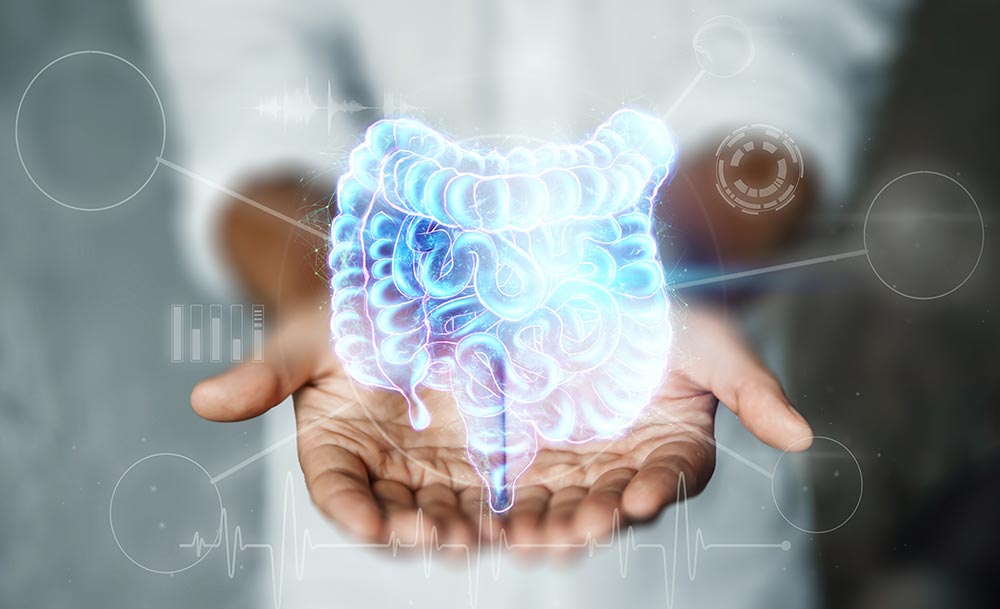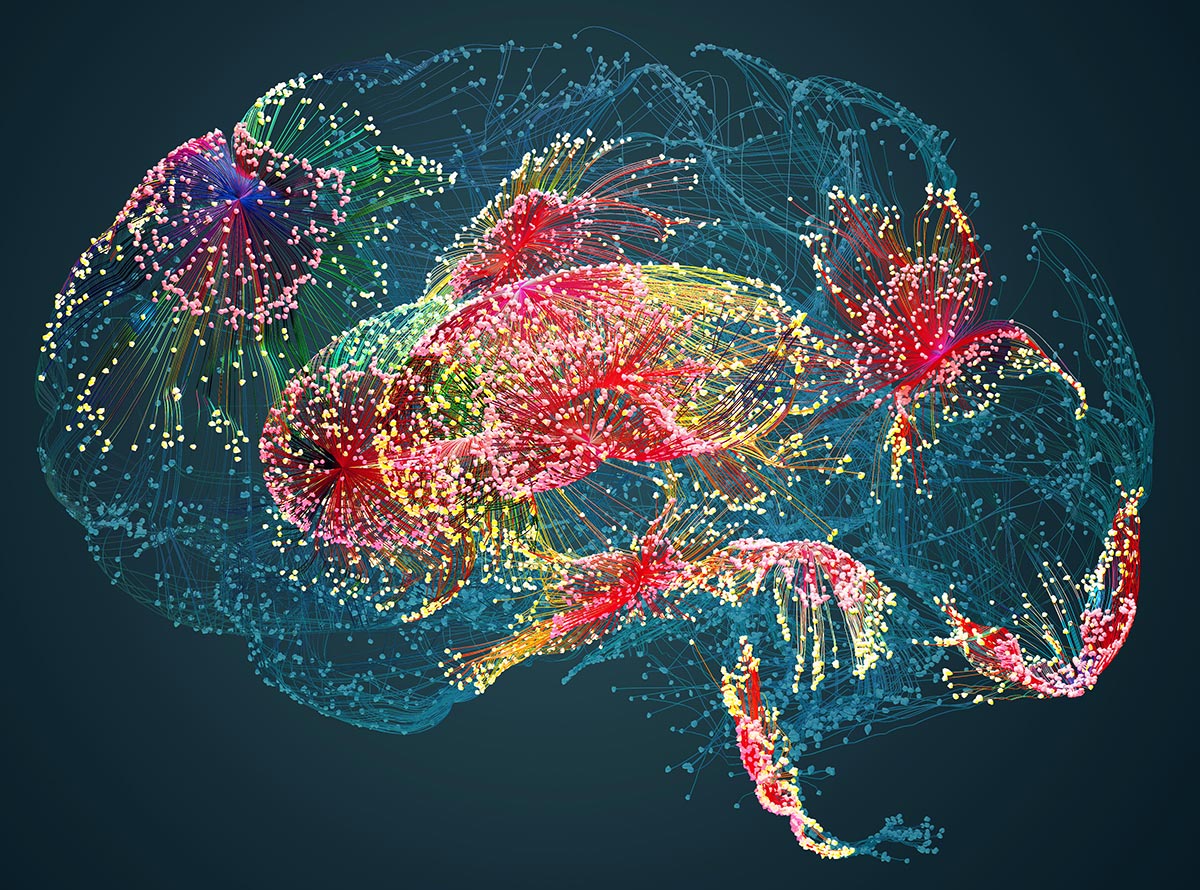The human body hosts over 100 trillion microorganisms – bacteria, viruses, fungi, and other microbes – that inhabit nearly every surface and system, including the skin, respiratory tract, reproductive tract, and especially the gastrointestinal tract. These microbial cells outnumber human cells by approximately 10 to 1.
This complex and symbiotic ecosystem, known as the microbiome, plays a foundational role in human health. The gut microbiome, in particular, is central to immune regulation, nutrient metabolism, inflammation control, and even brain and nervous system function.
Due to its vast influence, the microbiome is often referred to as a “second genome” and has been described by researchers as a “new organ”—underscoring its essential role in maintaining physiological balance and protecting against disease.
“The science of the microbiome has critical impacts on human health. Incorporating the microbiome into the diagnosis and management of disease provides important evidence regarding disease progression and treatment — particularly in inflammatory, immune, and systemic diseases.”
~ American Journal of Public Health


Our microbiota are continually involved in a complex crosstalk between our gut and our brain.
“The Second Brain.”
70% of our immune system is housed within the gut. There is a constant ‘interplay’ between our gut microbiota and our immune system.
Our microbial partners have a pivotal role in health to treat… “The Root Cause.”
The human gut microbiota is a highly complex and dynamic ecosystem that plays a critical role in maintaining systemic health. Our microbial partners perform essential biological functions that the human body cannot carry out on its own.
From supporting immune regulation and nutrient absorption, to protecting against pathogens and reducing inflammation, the microbiota serves as a frontline defense – helping to prevent disease and sustain physiological balance.

~ Dr. Joseph Petrosino, Ph.D.,
“The Microbiome in Precision Medicine: The Way Forward.”